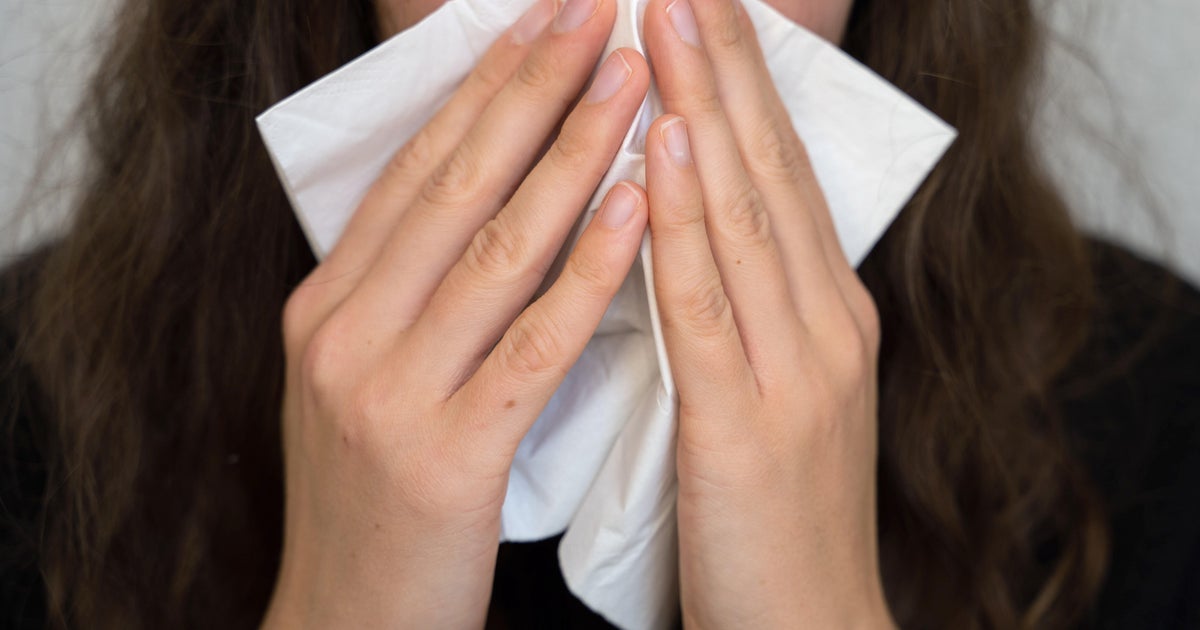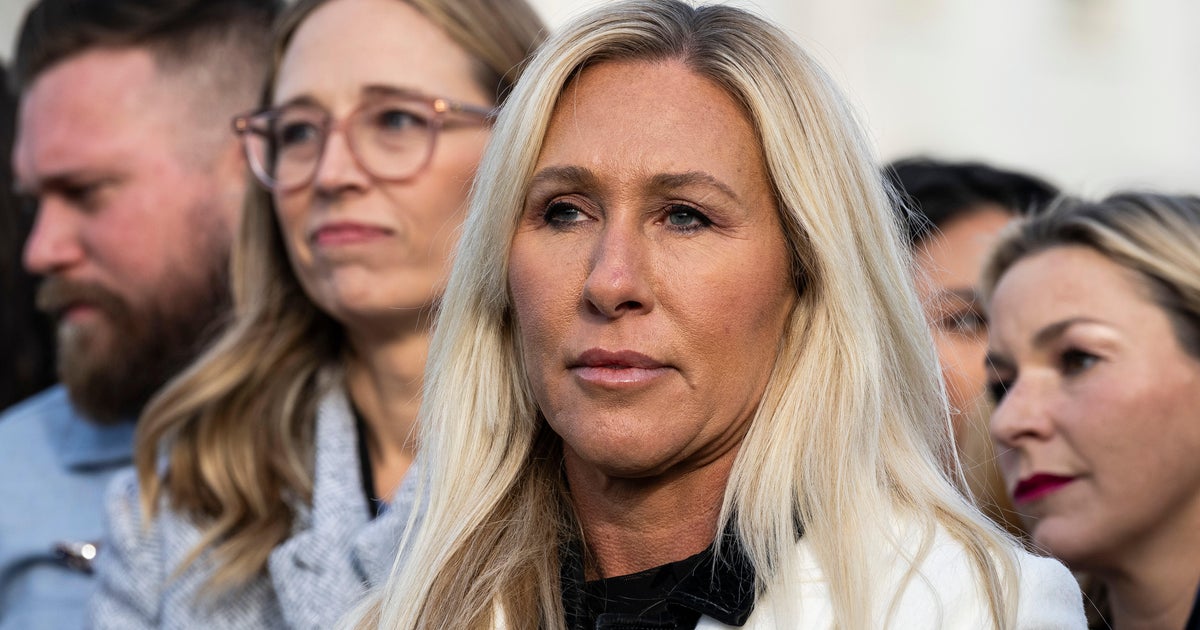Pfizer execs discuss hiking vaccine price after pandemic wanes
A top executive for Pfizer suggested to investors last week that pricing for its COVID-19 vaccine could increase post-pandemic. The suggestion raises questions about whether a drug, developed at the behest of the federal government to respond to a global crisis, could turn a profit for one company.
The possibility was raised by Carter Lewis Gould, a senior analyst for Biopharma Equity Research at Barclays, during a virtual global healthcare conference hosted by the bank. Gould, referencing comments made by Pfizer executives over the summer, asked how the pharmaceutical company still envisioned pursuing "higher pricing" as "we move from a pandemic to an endemic phase," according to an edited transcript of the conversation.
"Clearly got a lot of focus on the street. And in particular, some of your comments around the potential for higher pricing," Gould said of Pfizer's summer suggestion. "I think one of the things that people point to is both the optics of that as well as some of their experience with the flu market. Now this is absolutely different. But I was hoping you could maybe give us a little bit more depth on your thoughts here and around the potential to pursue higher pricing down the road?"
In response, Frank A. D'Amelio, CFO & executive VP of global supply for Pfizer, said the company anticipates a "significant opportunity" for its vaccine "from a pricing perspective" as we move "from a pandemic situation to an endemic situation."
"So if you look at how current demand and current pricing is being driven, it's clearly not being driven by what I'll call normal market conditions, normal market forces. It's really been driven by kind of the pandemic state that we've been in and the needs of governments to really secure doses from the various vaccine suppliers," D'Amelio explained. "So what we believe, what I believe is as we move from a pandemic state, from a pandemic situation to an endemic situation, normal market forces, normal market conditions will start to kick in. And factors like efficacy, booster ability, clinical utility will basically become very important, and we view that as, quite frankly, a significant opportunity for our vaccine from a demand perspective, from a pricing perspective, given the clinical profile of our vaccine," he said. "So clearly, more to come here. But we think as this shifts from pandemic to endemic, we think there's an opportunity here for us."
In July, Pfizer signed a $1.95 billion pact to provide the U.S. government with 100 million doses of its COVID-19 vaccine. That order was doubled in December when the company inked another $2 billion deal with former President Trump's administration.
"Eligible U.S. residents will continue to receive the vaccine for free, consistent with the U.S. government's commitment to providing free access for COVID-19 vaccines and according to the U.S. Centers for Disease Control and Prevention's (CDC) Advisory Committee on Immunization Practices (ACIP) recommendations for the vaccine's phased rollout," reads a press release from Pfizer after the second deal.
The public-private relationship allowed Americans to receive the vaccine for free, but, according to Pfizer, does not mean the federal government helped fund its creation. Kathrin Jansen, a senior vice president and the head of vaccine research and development at Pfizer, noted in November that the company did not take any federal money to help pay for research and development.
According to The New York Times, Jansen said Pfizer was "never part of the Warp Speed" and have "never taken any money from the U.S. government, or from anyone."
A spokeswoman for Pfizer later clarified that Pfizer was part of Operation Warp Speed, but the federal government's investment did not go toward vaccine research or development.
"While Pfizer did reach an advanced purchase agreement with the U.S. government, the company did not accept BARDA funding for the research and development process," reads the Pfizer statement. "All the investment for R&D was made by Pfizer at risk. Dr. Jansen was emphasizing that last point."
This condition of Pfizer's agreement — which is not shared by the two other pharmaceutical companies that have developed COVID vaccines approved for distribution — could make things complicated once the pandemic has subsided, according to Jordan Paradise, a professor at the Loyola University Chicago School of Law who wrote about the "eventual costs" of "approved products" associated with COVID-19 in September.
Paradise's article looked at the federal government's power to regulate the pricing of products created with the help of federal funding. That power comes from the Bayh-Dole Act, a set of regulations passed in 1980 to address inventions arising from federal government-funded research.
Key to the legislation is something called "march-in rights," which allow the federal government to "step in and assert legal title to an invention," under "certain circumstances," Paradise writes. Those circumstances fall into two categories: "When there has been no efforts to commercialize within an agreed upon time-frame," or when "'action is necessary to alleviate health or safety needs.'"
Paradise, however, points out that "although these march-in rights sound like an appealing way to keep institutional patent holders in check, the US government has never actually utilized this authority." In fact, she notes, the National Institutes of Health "has denied all six petitions to exercise march-in rights."
The power has never been invoked, Paradise said, because it is ill-defined: "It's unclear. It's so unclear that the government hasn't exercised their march in rights ever."
Asked whether the Act could be used to prevent pharmaceutical companies — whether or not they took money from the federal government, and to what extent — from raising prices on COVID-19 vaccines, Paradise said altogether new legislation could be necessary. She pointed to insulin price cap laws, on the books in several states, as potential templates, but noted that, "at the federal level it's a free market."
Another unknown is when the pandemic officially ends, or, becomes an endemic, as Pfizer executives alluded to last week. Paradise said that call is up to head of Health and Human Services, currently led by acting secretary Norris Cochran. President Joe Biden has nominated Xavier Becerra to lead the department, although his confirmation had been deadlocked until last week.
"I think it's going to be a change," she said. "At what point does the pandemic end and the government stop paying for vaccines?"



